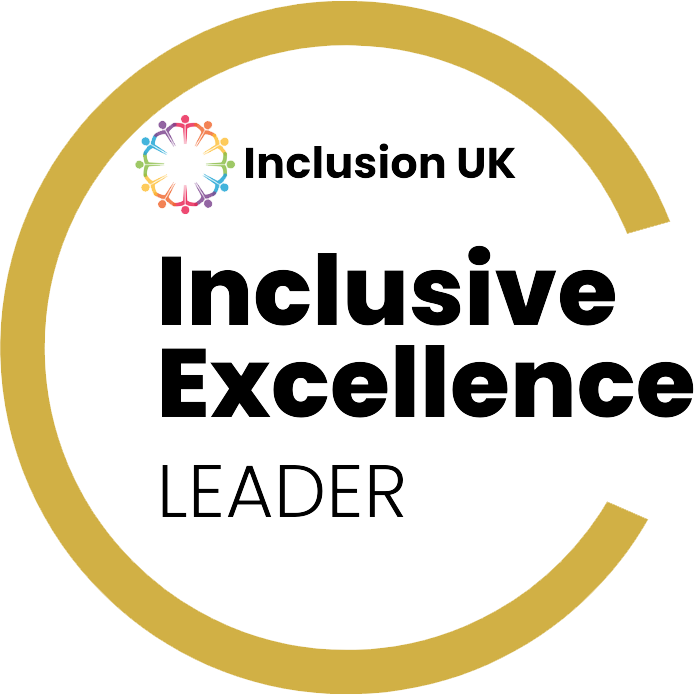







Head of Philanthropy
At the NSPCC, we believe every childhood is worth fighting for. With over 100 years of experience, and the collective strength of our staff, volunteers, supporters, and partners, we're working to end child abuse and neglect for good.
We encourage everyone across the organisation to get involved, feel confident in championing our cause, and help us grow the support we need to protect children and give them the futures they deserve.
If you're motivated by purpose and want to contribute to creating a safer, brighter world for every child, why not apply for our role as Head of Philanthropy?
What is the purpose of the Head of Philanthropy?
The Head of Philanthropy leads the development and delivery of NSPCC's strategy to grow income from individual philanthropists. Reporting to the Director of Philanthropy and Partnerships, the role is responsible for building long-term relationships with major donors and delivering income and expenditure targets, budgets and OKRs.
This role plays a key part in supporting the NSPCC's mission. You'll contribute by:
What will I be doing as Head of Philanthropy?
As Head of Philanthropy, you'll provide strategic leadership across major donor fundraising. You'll ensure donors are engaged and stewarded effectively, and that their perspectives inform NSPCC's wider strategy. You'll collaborate across directorates to develop compelling propositions and drive sustainable income growth.
What skills do I need to be Head of Philanthropy?
You'll be a strategic fundraising leader with extensive experience in major donor and principal gift fundraising. You'll bring strong leadership, relationship-building and analytical skills, and a passion for engaging supporters to deliver impact.
Ready to apply?
Please click the button ‘apply' to start your journey. You can find more information on our Career page.
Still have questions about the role?
For an informal chat about the role, please contact Tim Hunter at tim.hunter@nspcc.org.uk
As an organisation, we are committed to creating and fostering a culture that promotes safeguarding and the welfare of all children and adults at risk. Our safer recruitment practices support this by ensuring that there is a consistent and thorough process of obtaining, collating, analysing and evaluating information from and about candidates to ensure that all persons appointed are suitable to work with our children and adults.
At the NSPCC we are on a journey to becoming a trauma-informed organisation for the children, young people and families that we work with, as well as our staff and volunteers. To be trauma-informed is one of the guiding principles that shape and guide our 2021-2031 Strategy. This means understanding the nature of adversity, trauma, and resilience so that we can work towards reducing and preventing further harm and promoting recovery and healing. Coming to work at the NSPCC will provide the opportunity for you to join us in our commitment to becoming a trauma-informed organisation.
Siobhan Walters / Children's Services